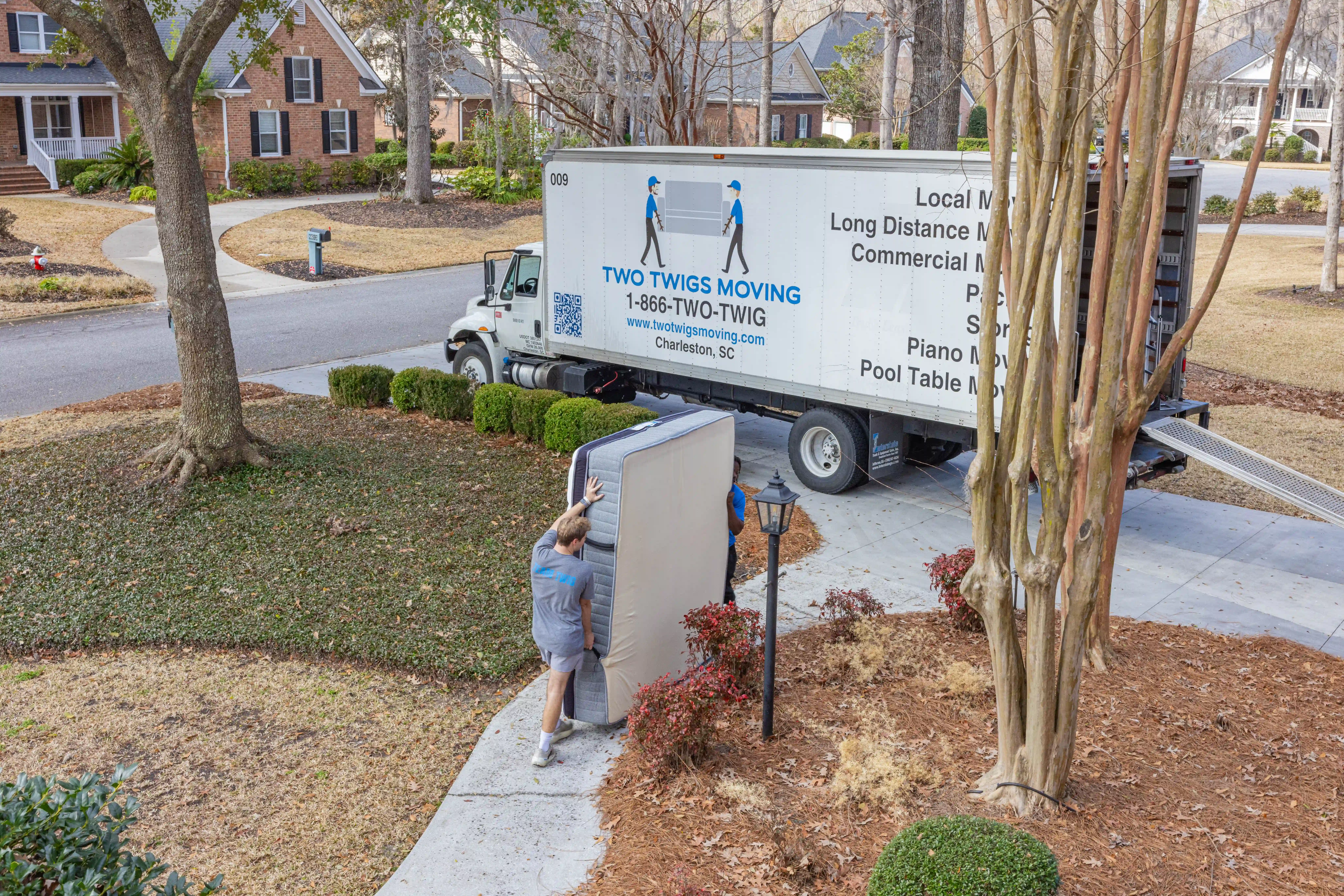Moving to a new home is an exciting chapter in life, but it often comes with a hefty price tag. From hiring professional movers to purchasing packing supplies, the expenses can quickly add up. However, with a strategic approach and a bit of planning, you can save a significant amount of money on your move. Here’s a comprehensive guide on how to save the most money on your relocation.
1. Plan Ahead:
The key to a cost-effective move is meticulous planning. Start early by creating a detailed moving checklist and timeline. This will give you ample time to research and compare prices for moving services, find the best deals on packing supplies, and take advantage of discounts.
2. Declutter Before You Pack:
Moving is the perfect opportunity to declutter your belongings. Go through each room and identify items you no longer need or use. Sell or donate these items to lighten your load, both figuratively and literally. The less you have to move, the less you’ll have to spend on packing materials and transportation.
3. Explore Self-Packing Options:
While hiring professional movers can save you time and effort, it might not be the most budget-friendly option. Consider packing your belongings yourself to cut down on labor costs. Collect free or inexpensive packing materials from local stores, and use clothing and towels to protect fragile items.
4. Compare Moving Quotes:
If you decide to hire professional movers, obtain quotes from several companies. Compare their services, fees, and customer reviews to find the best value for your money. Keep in mind that some companies offer discounts for mid-week or off-peak moves, so schedule your relocation accordingly.
5. Take Advantage of Discounts:
Whether you’re renting a truck or hiring movers, look for discounts. Many moving companies offer promotions during specific times of the year or for certain customer groups, such as students or military personnel. Additionally, explore loyalty programs or memberships that may provide exclusive deals.

6. Pack Smartly:
Efficient packing not only protects your belongings but also saves you money. Use items you already have, such as suitcases and laundry baskets, as makeshift boxes. Label your boxes clearly to avoid unnecessary expenses caused by breakages or misplaced items.
7. Consider DIY Transportation:
Renting a truck or trailer and handling the transportation yourself can be a significant cost saver. Compare rental prices from different companies and choose the option that best fits your budget. Just be sure to factor in fuel costs and potential tolls when calculating the overall expense.
8. Explore Free Moving Resources:
Take advantage of free resources available in your community. Local libraries often have free boxes, and friends or neighbors might be willing to lend a hand or share moving supplies. Utilize online platforms to find second-hand packing materials or even free moving boxes.
9. Time Your Move Wisely:
If your schedule allows for flexibility, consider moving during the off-peak season. Rates for moving services are often lower during the fall and winter months when demand is lower. Additionally, aim for a mid-month move, as rates tend to be more competitive compared to the beginning or end of the month.
10. Save on Storage:
If you need storage space during your move, shop around for the best rates. Some moving companies offer storage facilities, while others specialize in this service. Compare prices, taking into account factors such as location, security, and accessibility.
In conclusion, with careful planning and resourcefulness, you can significantly reduce the financial burden of your move. From decluttering to exploring budget-friendly options, each step plays a crucial role in maximizing savings. By implementing these tips, you’ll not only enjoy a smoother relocation but also keep more money in your pocket for the exciting adventures that await in your new home.
Frequently Asked Questions
Q: How can I estimate my relocation budget?
A: Assess your budget by considering all potential expenses, including transportation, packing materials, and unforeseen costs.
Q: Is a DIY move always more cost-effective?
A: Not necessarily. While DIY moves can save money, consider the time, effort, and potential risks involved before making a decision.
Q: When is the best time for a budget-friendly move?
A: Off-peak seasons and mid-month relocations often come with discounted rates for both services and supplies.
Q: What’s the benefit of decluttering before a move?
A: Decluttering reduces the volume of your move, potentially earning extra cash through selling or donating items you no longer need.


.svg)


